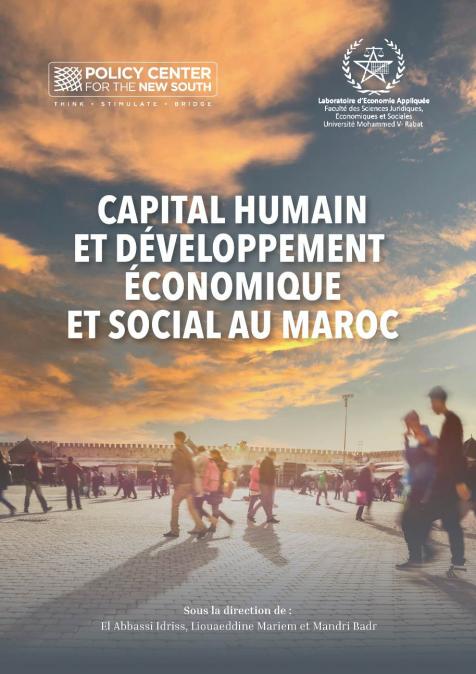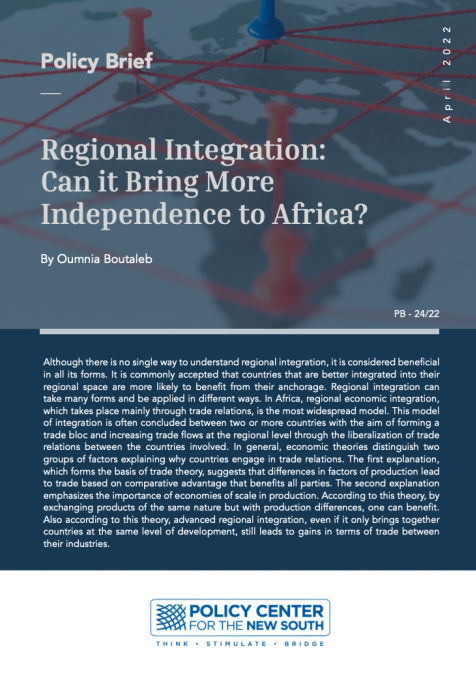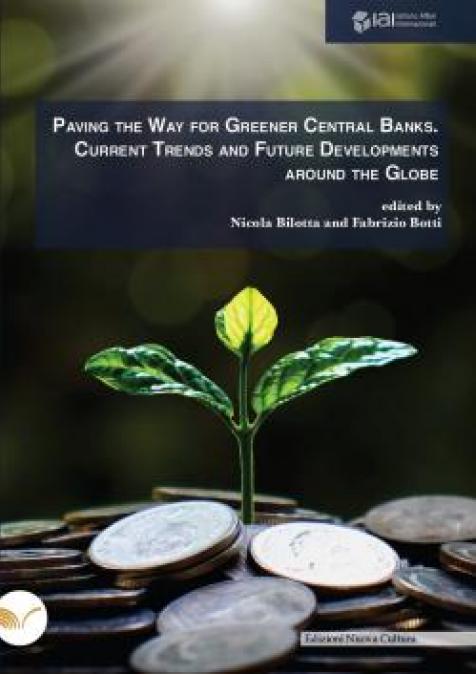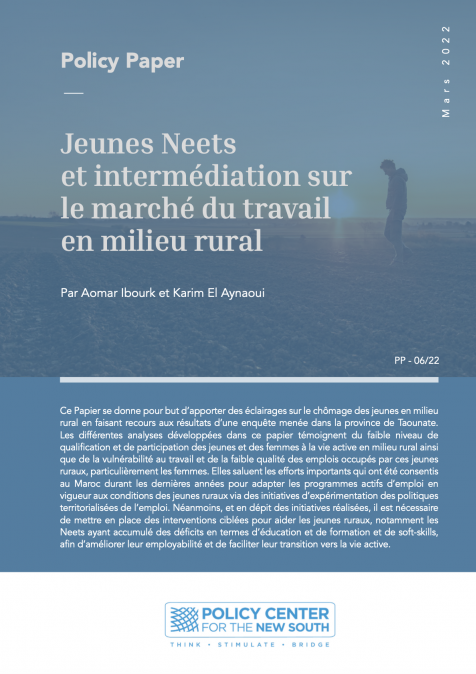Publications /
Policy Brief
This paper, included in the report "Urban Sustainable Development: Governance, Finance and Politics.", was originally published on:https://cebri.org/en/doc/356/cebri-and-rio-g20-committee-publish-urban-sustainable-development-governance-finance-and-politics
© Vormittag, Pedro, Marianna Albuquerque & Eugénie Birch (Eds.). 2024. Urban Sustainable Development: Governance, Finance and Politics. Rio de Janeiro: CEBRI.
Sustainable urban development is vital for Africa, offering opportunities for a better future that requires political commitment and a collective response to global challenges. A shared perspective and productive debate on Africa’s challenges and future are essential to enhance economic transformation, urban sustainability, and the transition to a carbon-neutral economy. This commentary presents a compelling conversation among African policymakers, leaders, practitioners, and specialists on this pressing theme conducted in September 2024.
The conversation was based on a semi-structured qualitative survey featuring a qualitative format, targeted at a spectrum of African mayors, national policymakers, leaders of continental organizations, and development practitioners—urban specialists. The respondents play a critical role in shaping public policy and practice and include Prime Ministers and the African Union Commission Chairperson, offering a snapshot of their perspectives and concerns. Of the fifty invited participants, nearly 50% completed the survey, including eight ministers, seven officials of continental organizations, five development and urban experts, and the mayors of Rabat, Freetown, Windhoek, and Cape Town.
Cities are vital in attaining the United Nations 17 Sustainable Development Goals (SDGs) and the net-zero goals endorsed in 2015 under the Paris Agreement. The questionnaire comprised questions underpinned by cities’ contributions as innovation and economic growth engines, as well as Africa’s commitment to the common aspiration of the global community. African countries made a significant stride by unanimously adopting Agenda 2063, a 50-year road map with a theme of “Africa We Want,” which places sustainable urban development at its core. Most recently, in September 2024, the African Union Commission successfully organized an African Urban Forum in Addis Ababa. This pivotal forum delved into African urbanization and the challenges of financing to achieve sustainable and resilient urban development.












